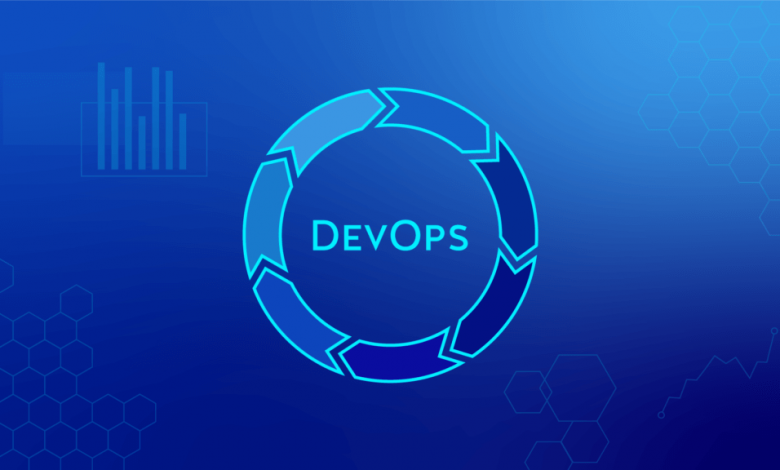How to Determine If Your Project Really Needs a DevOps Approach

DevOps is a cultural philosophy where software development combines both operations and development teams. DevOps is a relatively new term, though this integration of departments has become a widely adopted practice across many organizations. Amazon, Netflix, Etsy, and Target are just a few of the major companies that utilize DevOps in their software development approach.
There are many benefits of DevOps and nearly all organizations who commit to this cultural philosophy believe it has a positive impact on the company as a whole. One of the biggest benefits is that it creates a culture of collaboration and trust, where transparency and communication are at the forefront of development efforts. DevOps also emphasizes speed through smart automation and makes it easier to manage unplanned work. There are also several platforms, like JFrog, and tools, like Splunk, that help streamline all things DevOps.
It’s clear that DevOps can help organizations across all industries and sizes. However, in analyzing the benefits, it’s important to understand that companies that don’t take the DevOps approach can still leverage its benefits in their own way. You can still implement shared goals and processes that increase visibility in your workplace.
Although DevOps can work wonders for your internal strategy, it may not be the best for your business—at least for right now. Do you need a DevOps engineer or hand-picked DevOps features? It’s important for you to make a calculated decision on whether to proceed in this arena. Instead of adopting DevOps practices because you’re familiar with this buzzword or because you believe it’s what you’re supposed to do, take the time to determine if it’s really what’s best for you right now. DevOps, in all its glory, is not a one-size fits for software businesses.
One of the first things you’ll need to look at is how often you’re releasing updates and implementing new features. If you’re struggling to release at a velocity that keeps your users and customers satisfied, then there’s a clear need for better performance. But you don’t have to go full-on DevOps if you don’t need it; as previously mentioned, it’s certainly possible to cherry pick DevOps practices that will work well without adopting the full, system-wide adoption of DevOps.
Some organizations are much better suited to be able to move very slowly towards DevOps by utilizing some of its features, tools, and process, while others do the same without an end goal of adopting DevOps entirely. In other words, deciding whether to do DevOps is not a binary decision; instead of looking for a “to take on DevOps” or “to not take on DevOps” stance, approach it with this mindset: what components of DevOps can I take?
So, in what instances is the full DevOps infrastructure not right for you? If you aren’t releasing regularly and you have a business model that doesn’t require consistent software updates in order to meet customer demand, DevOps might not be the best solution.
DevOps is all about rapid and continuous deployment. Organizations with infrequent or non-existent release schedules would struggle to see the real value in DevOps if implemented. Stable agencies without big or consistent changes in the foreseeable future might not be the best candidate. On the same token, if your irregular, low-volume release schedule errs on the side of time-consuming and costly, you could benefit from release automation tooling.
Another situation where DevOps might not be the best option for you is if your organization is satisfied with your current software delivery methods. DevOps transformations are difficult and time-consuming and should only be considered if there’s logistical proof that its implementation can make drastic improvements to your internal processes. Otherwise, you may never see the value.
Highly regulated industries will also second-guess DevOps. Although DevOps can streamline and improve compliance regulations in industries like healthcare, certain situations have much more red tape to navigate; those compounded regulations would require major adjustments to DevOps because they value safety and protocol over fast and continuous delivery. In a DevOps environment, bugs are no longer as scary as they once were, because DevOps allows organizations to roll back and quickly make necessary adjustments. However, in a healthcare device like a pacemaker, rolling back on a bug isn’t a possibility.
Lastly, if there’s a lot of movement in your company because of mergers and acquisitions in the foreseeable future, DevOps might not be the best move at the current point in time. Your current business goals have a major influence in whether or not integrating DevOps will be worth your while simply because of the timing. If you’ve got big shifts in the horizon, chances are you don’t want to change or shift the culture in the midst of it.




